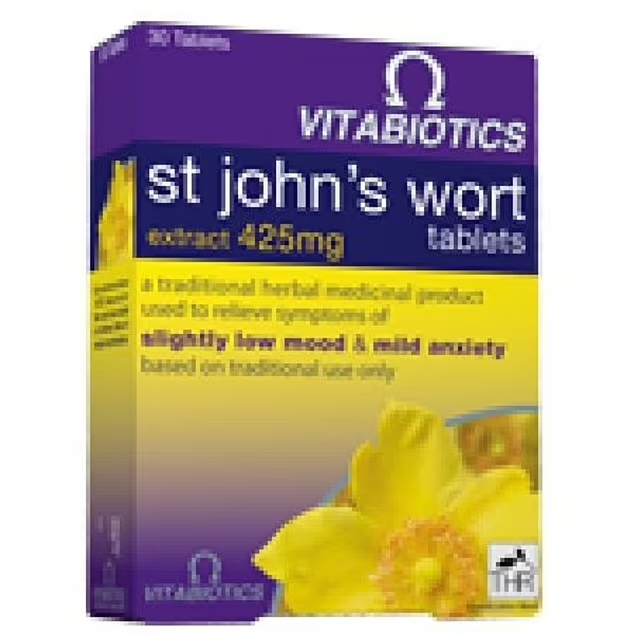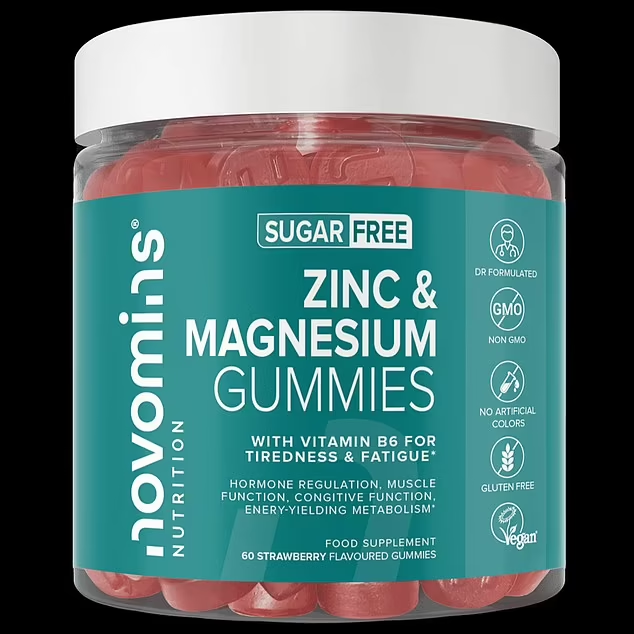Understanding the Supplement Craze
With an estimated 20 million people in the UK taking dietary supplements, navigating the crowded market can be overwhelming. Amidst conflicting information, it’s crucial to identify which supplements may not be worth your investment. Dr. Ariana Medizade, a pharmacist and social media influencer, highlights three supplements that are commonly misused and advises against their consumption.

(image: getty images)
The Rise of Supplement Usage
Post-pandemic, the supplement industry has flourished, with over 70% of individuals now relying on at least one type of supplement. However, in a recent TikTok video that garnered over 160,000 views, Dr. Medizade emphasized that there are certain pills she wouldn’t recommend even to her own children. Here are the three supplements she believes you should avoid:
1. Vitamin D3
Vitamin D3 is widely taken to improve bone health, boost immunity, and enhance mood and muscle function. According to a survey by the Health Food Manufacturers’ Association, about 60% of Brits consume this supplement. However, Dr. Medizade cautions against taking Vitamin D3 alone.
She states, “You should always take Vitamin D3 with K2. If you take Vitamin D3 by itself, it can lead to calcium being deposited in the wrong places, such as your arteries instead of your bones.” This incorrect absorption can result in calcification, where calcium accumulates in soft tissues, leading to serious health issues over time.

(image: getty images)
Read more: New Ultrasound Brain Treatment Shows Promise in Tackling Addiction
2. St. John’s Wort
St. John’s Wort, derived from a common yellow flower, is frequently used to alleviate anxiety and depression. However, Dr. Medizade warns that this herbal supplement can interfere with other medications.
“Never take St. John’s Wort, especially if you are on oral birth control or any other medication”, she advises. This herb is known to be a CYP3A4 inducer, which accelerates the metabolism of various drugs, resulting in reduced effectiveness. Essentially, it could make your medications less effective, undermining their intended benefits.

(image: getty images)
Read more: Running vs. Walking: Which is More Effective for Weight Loss?
3. Zinc with Magnesium
Zinc and magnesium are commonly combined supplements marketed to enhance immune function and strengthen bones. However, Dr. Medizade points out that these two minerals compete for absorption when taken together.
While she acknowledges the individual benefits of each supplement, she recommends spacing out their intake by at least two hours. It’s essential to take zinc with food to enhance absorption. If you choose a combined supplement, ensure it’s dose-optimized, maintaining a 1:10 or 1:15 ratio of zinc to magnesium for effective results.

(image: getty images)
Read more: Could Ozempic Lower Alzheimer’s Risk in Type 2 Diabetes Patients?
Conclusion
In summary, while supplements can provide health benefits, it’s vital to be discerning about which ones you choose to take. Following the advice of experts like Dr. Medizade can help you avoid wasting money on ineffective or potentially harmful supplements.
Stay informed about your health choices! Follow our page for more expert insights and tips on optimizing your wellness journey.


